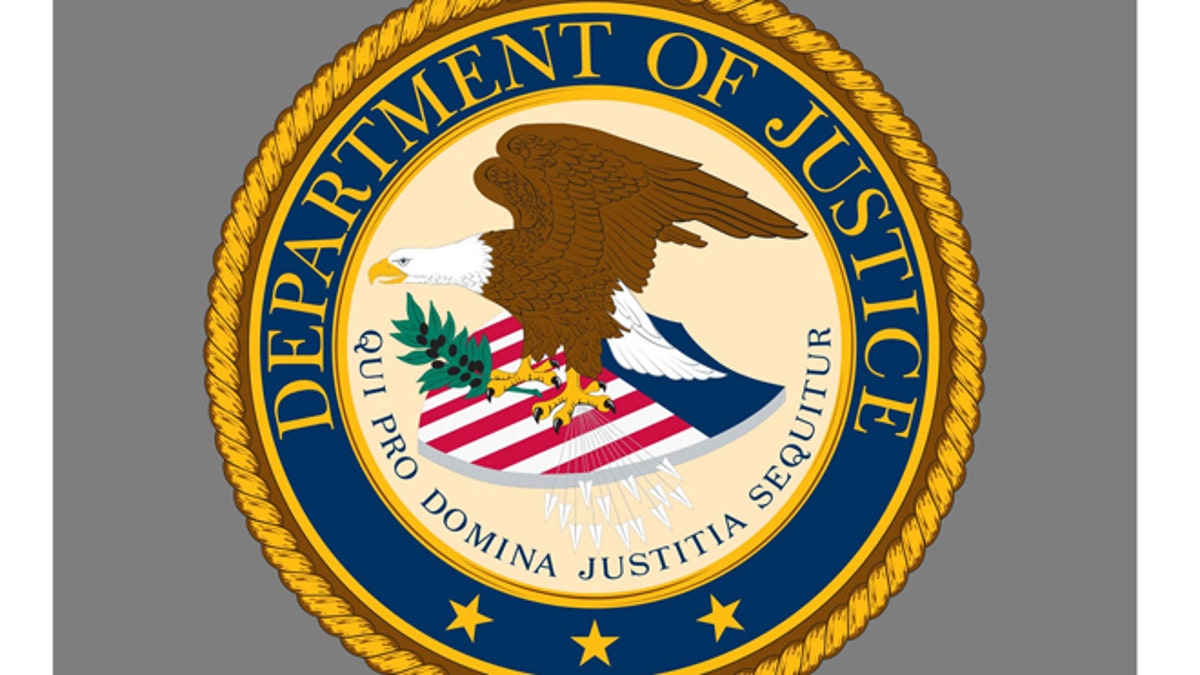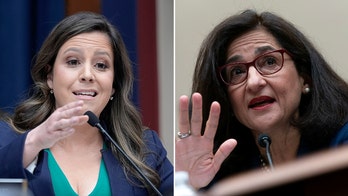
(AP)
The Justice Department has failed to take the necessary steps to protect the American public from sex offenders in its witness protection program, according to a report released Wednesday by a federal watchdog.
The report by the DOJ inspector general's office also found that when the audit began in July 2013, agency officials didn't even know how many sex offenders were in the Federal Witness Security Program.
By the following year, the agency had identified 58 sex offenders in witness protection -- including 10 who had been convicted of sex offenses prior to entering, the report states.
But four of the 10 received a waiver to registration requirements ordinarily in place for sex offenders.
The IG report faulted the department for these waivers, and for not finding some other way to monitor them.
"We believe that the DOJ generally did not use adequate safeguards to protect and notify the public and law enforcement about the risk posed by sex offender participants in the program," the inspector general concludes in the report.
The IG voiced concerns that this practice "elevates the security of the witness over the risk to the public."
House Judiciary Committee Chairman Bob Goodlatte, R-Va., on Wednesday slammed the department over the findings.
"It's outrageous that the Department of Justice has allowed known sex offenders to participate in the federal witness protection program and has failed to implement procedures to ensure that they don't commit additional crimes," he said in a statement. "Under this program, sex offenders are given a new identity and placed in a new community, but often the Justice Department fails to register these criminals as sex offenders and does not notify local law enforcement agencies about the criminals that have been dropped off in their towns."
In addition, the report found 10 people were convicted of such sex crimes as rape and the sexual assault of children while in the program and 38 people were convicted of a sex offense after entering.
In response to the findings, the department said the 10 previously convicted sex offenders are no longer with the program and no one who was granted a registration waiver was convicted of a new sex crime while in witness protection.
It said four of the 10 were convicted before there was any legal requirement to register and before a federal law was passed that granted the attorney general the authority to waive registration.
The program was created in the 1970s, primarily to offer protection, relocation and often new identities for witnesses in organized-crime cases.
The agency says that in the history of the program, "only an extremely small number" of people have been admitted into the witness protection program after having been convicted of a sex offense.
"Admitting and relocating witnesses or their family members who were previously convicted of sex offenses mandates an extraordinarily high level of scrutiny," the department said in a statement, "and it is department policy that sex offenders are presumed ineligible for relocation services. Overcoming that presumption is extremely rare."
The Associated Press contributed to this report.




